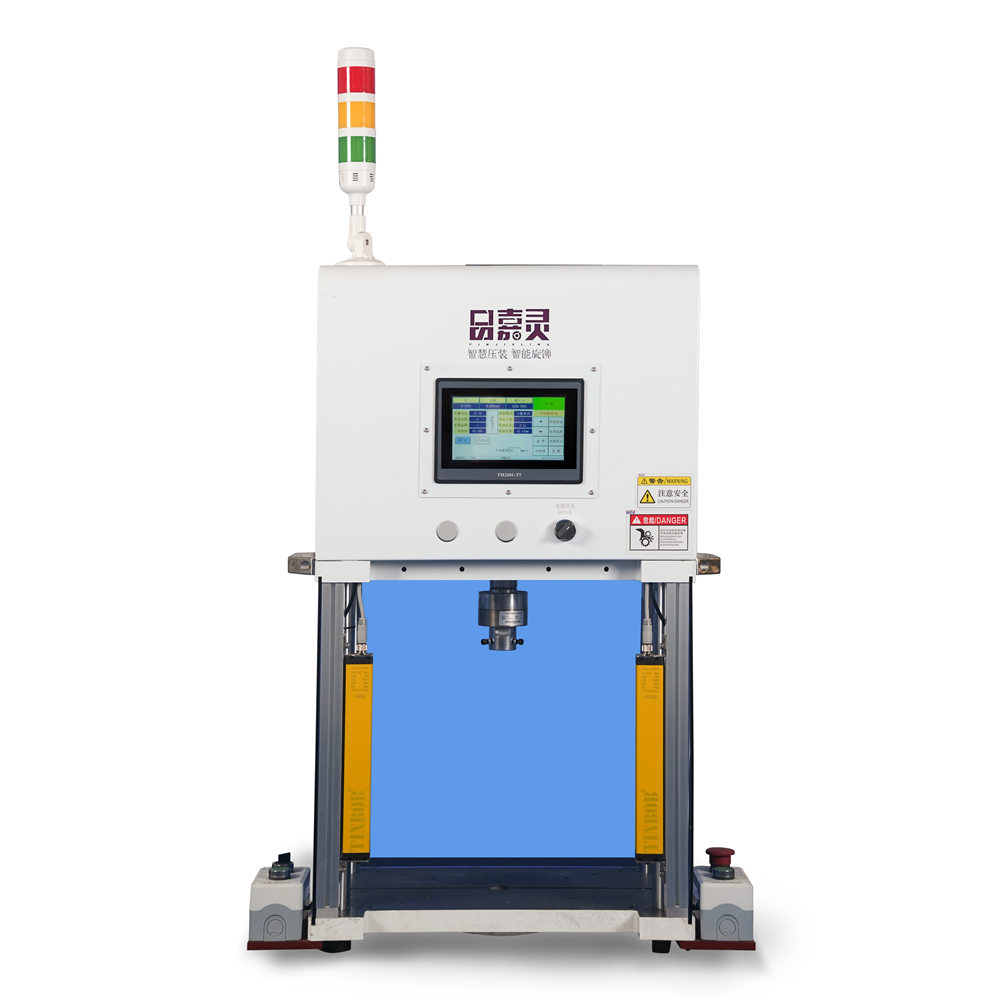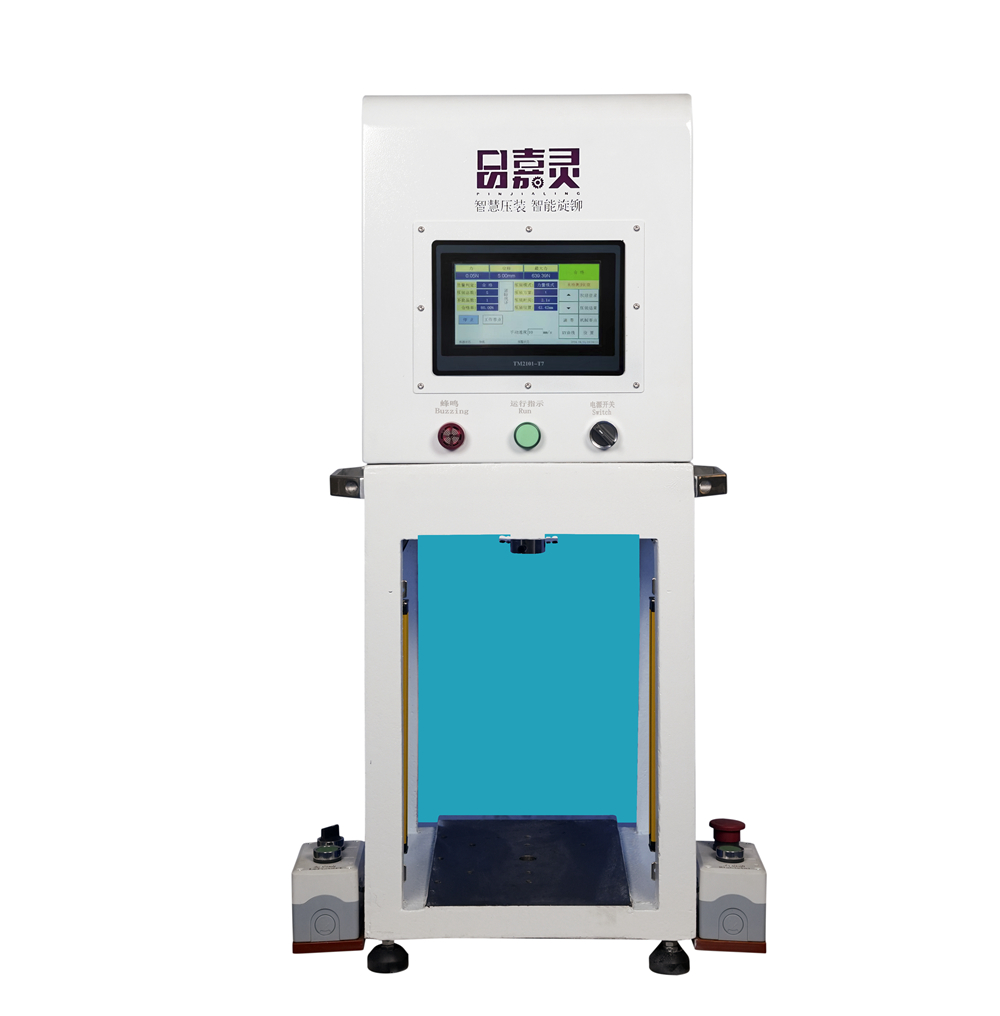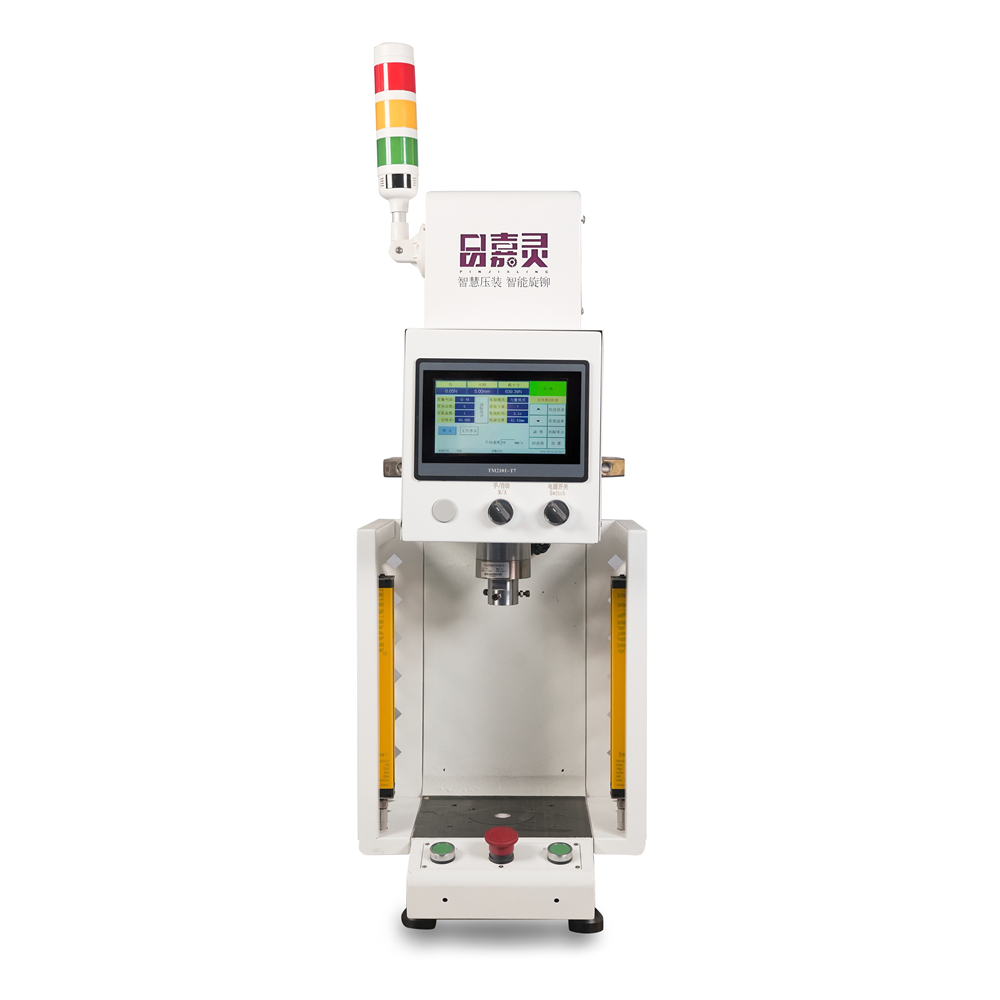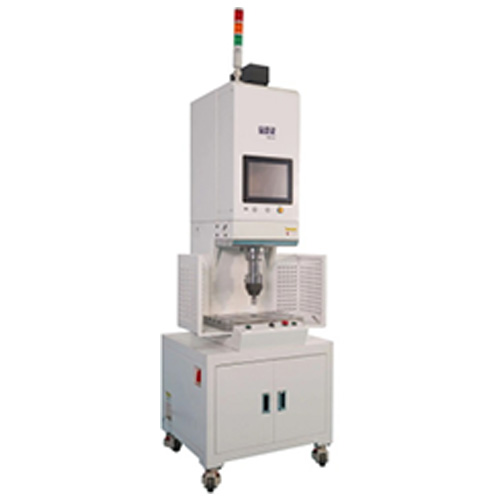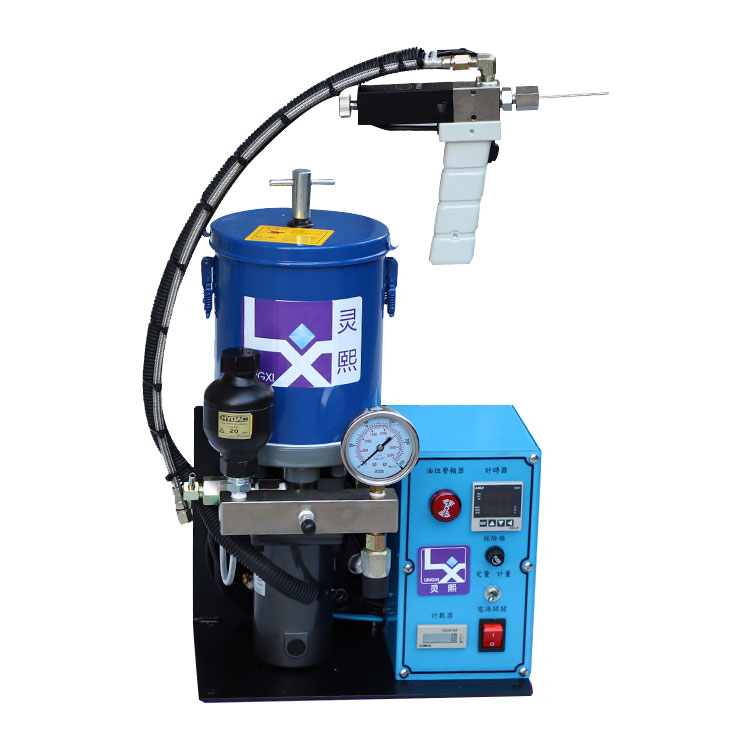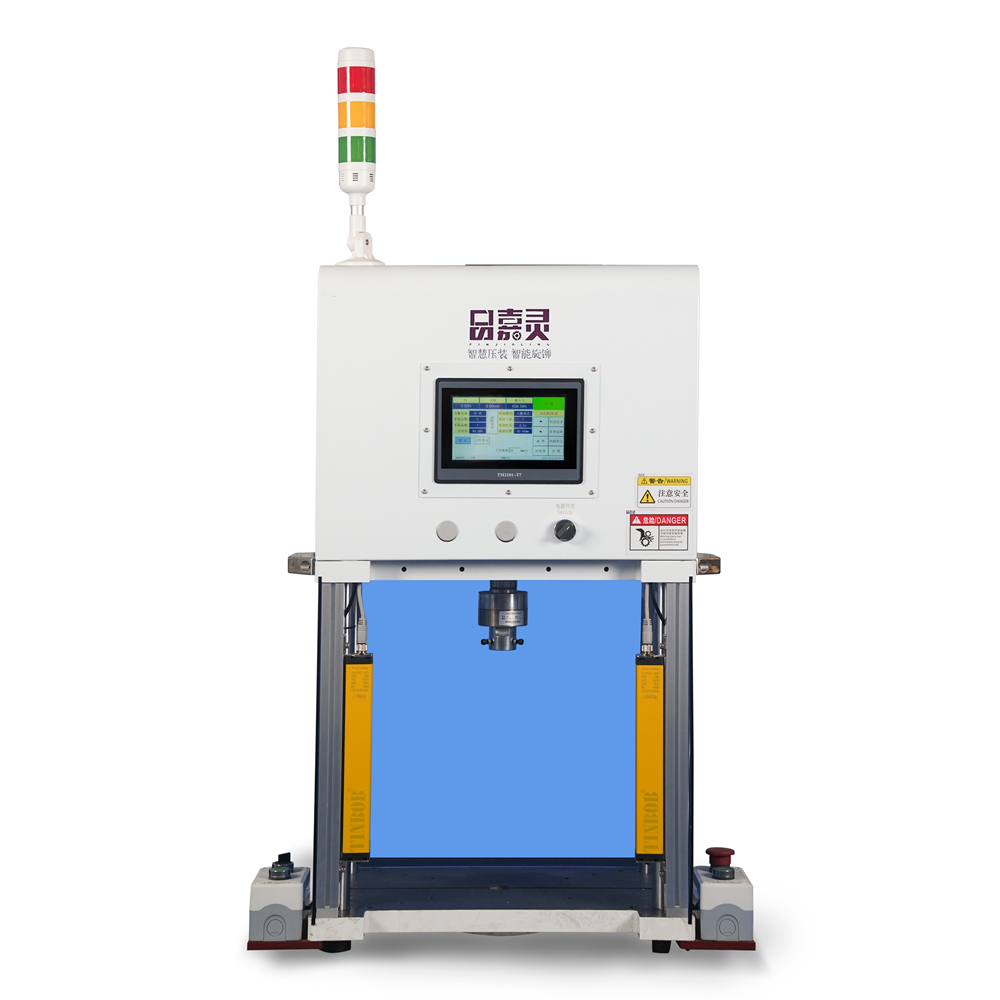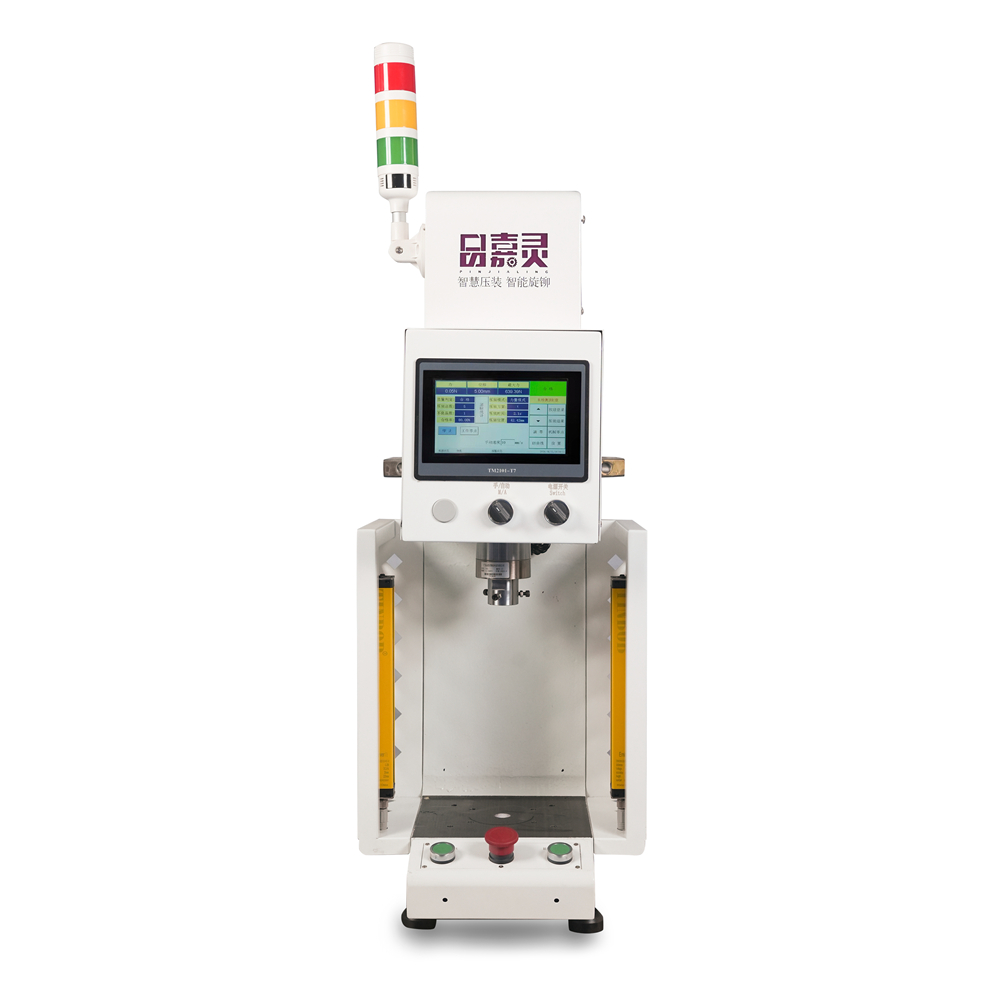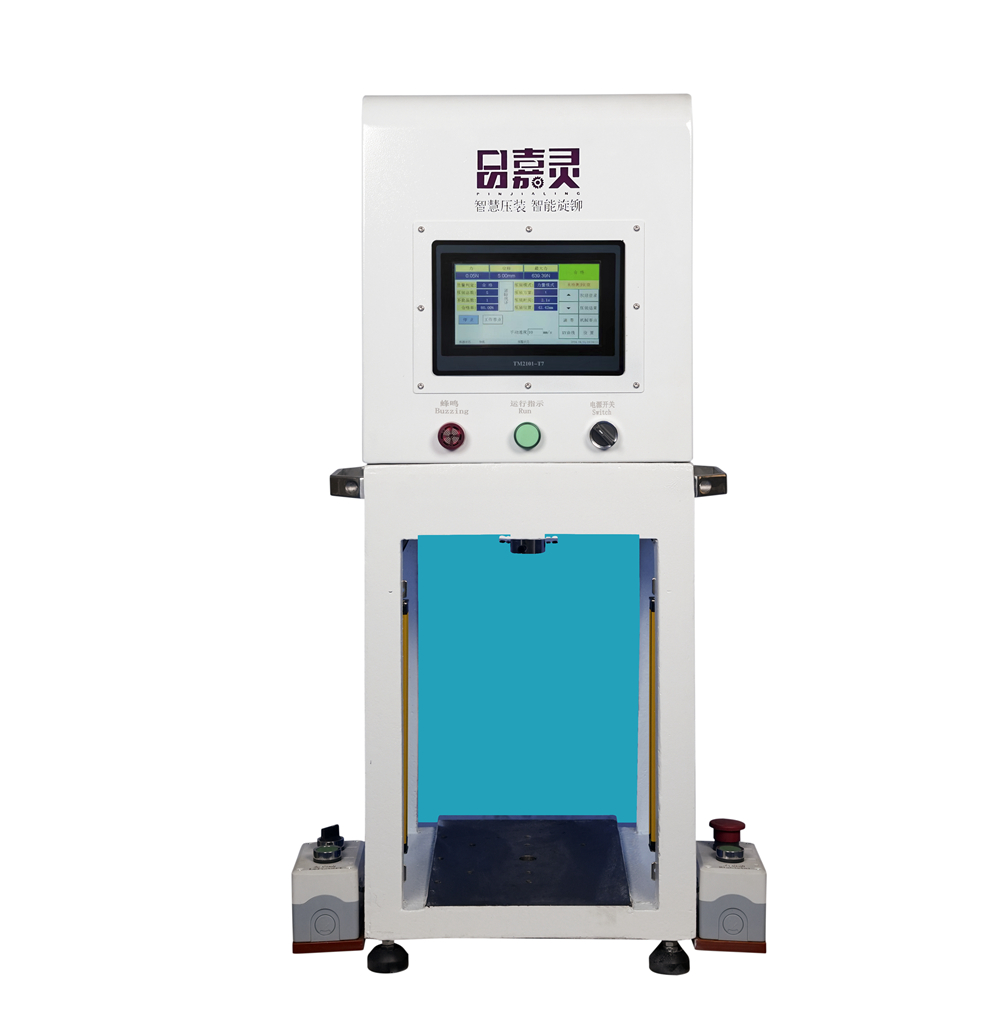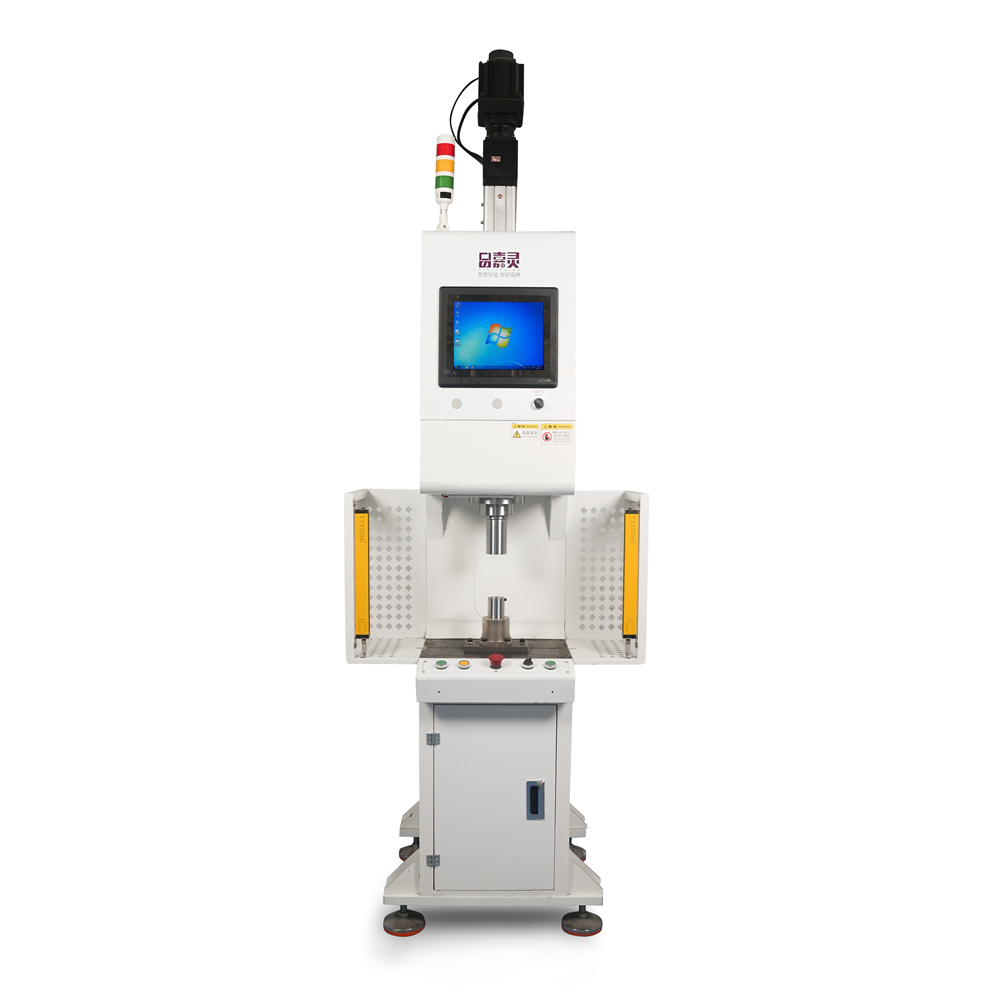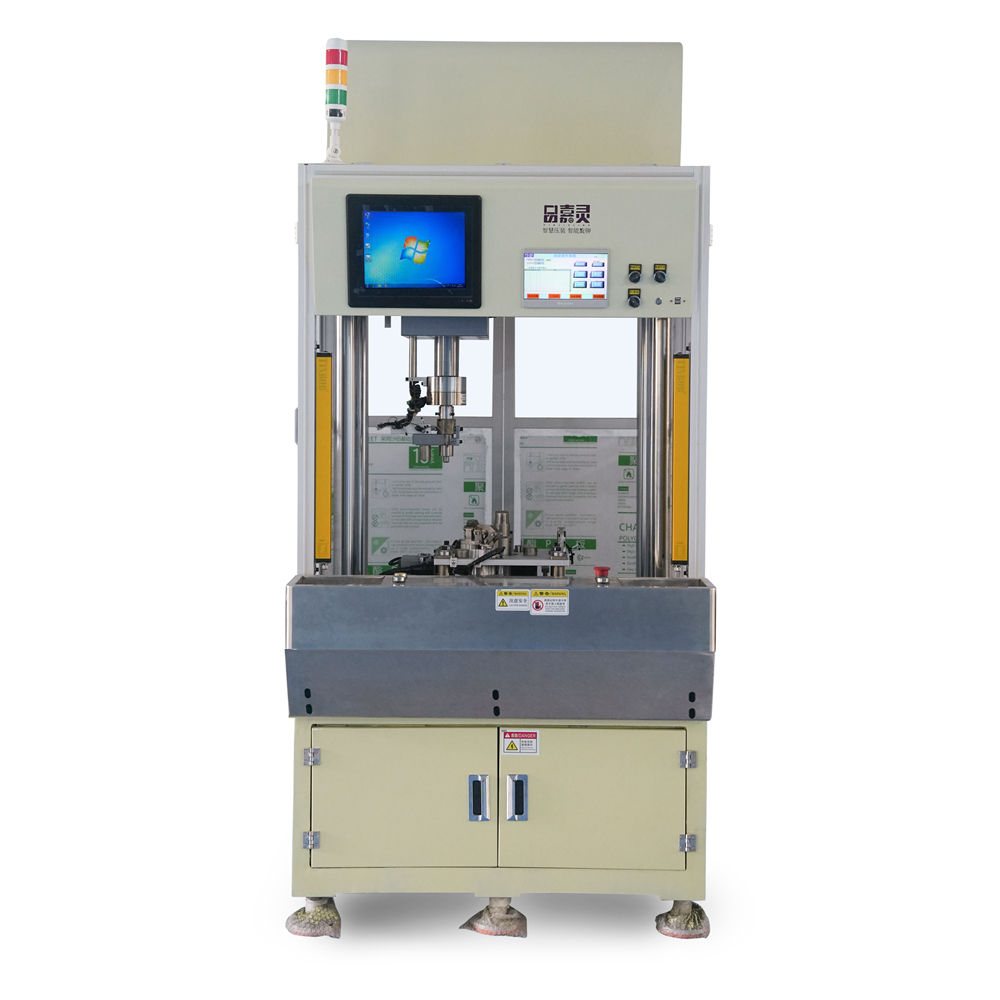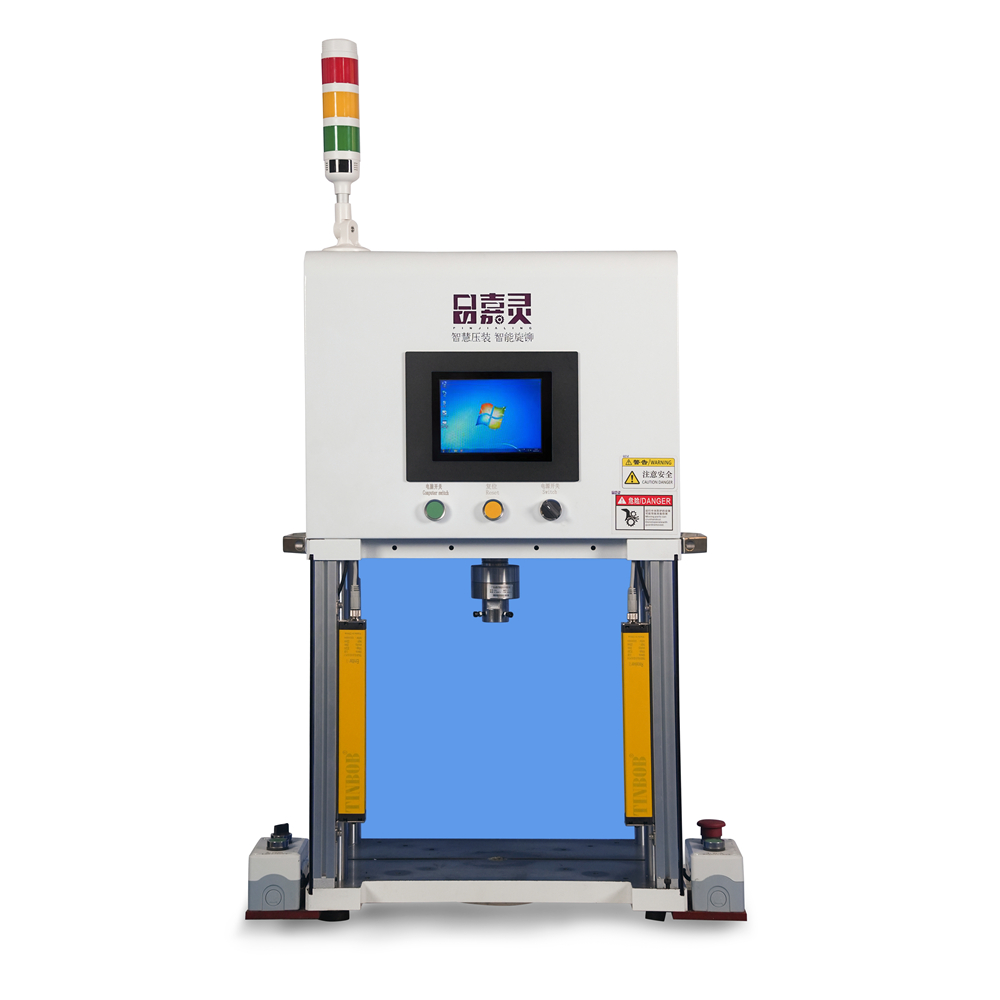Enhancing Precision and Efficiency with a Linear Actuator Press
Precision and efficiency are the key drivers of success. Companies are always on the lookout for ways to optimize their processes and improve the quality of their products. One technology that has emerged as a game-changer in this regard is the linear actuator press.
A linear actuator is a device that converts rotational motion into linear motion. It consists of a motor, a lead screw, and a nut that moves along the screw. When the motor rotates, it causes the nut to move along the screw, resulting in linear motion. This motion can be used to exert force or control the position of an object.
Linear actuator presses have quickly gained popularity in various industries, including automotive, electronics, and aerospace. These presses offer several advantages over traditional hydraulic or pneumatic presses. Firstly, they provide superior precision and control. The linear motion of the actuator allows for precise positioning and accurate force application, ensuring consistent results every time.
Moreover, linear actuator presses are highly efficient. Unlike hydraulic presses that require continuous power to maintain pressure, linear actuators only consume power when they are in motion. This energy-saving feature not only reduces operating costs but also minimizes the environmental impact of manufacturing processes.
Another significant advantage of linear actuator presses is their versatility. They can be easily integrated into existing production lines or customized to meet specific requirements. The speed and force of the press can be adjusted to suit different types of materials and applications. This flexibility allows manufacturers to streamline their operations and optimize productivity.
One area where linear actuator presses excel is in assembly and joining processes. These presses can apply controlled force to join components or fasten parts together. The precise positioning and adjustable force of the actuator ensure that the assembly is secure and accurate. This is particularly important in industries such as automotive and electronics, where the quality and reliability of components are critical.
Furthermore, linear actuator presses have proven to be invaluable in quality control and testing applications. They can be used to perform compression and tension tests, measure material properties, and assess product durability. By applying a known force and monitoring the response, manufacturers can identify any defects or weaknesses in their products and make necessary improvements.
In addition to their technical advantages, linear actuator presses offer ergonomic benefits as well. They are compact and lightweight, requiring minimal space and effort to operate. Unlike bulky hydraulic systems, linear actuator presses can be easily integrated into smaller workstations or portable setups. This enhances the overall efficiency and productivity of the manufacturing process.

As with any technology, there are challenges associated with the implementation of linear actuator presses. The initial investment cost may deter some manufacturers, especially small-scale operations. However, the long-term benefits of precision, efficiency, and flexibility often outweigh the upfront expenses. Additionally, ongoing maintenance and training may be required to ensure optimal performance and safety.
The linear actuator press is revolutionizing the manufacturing industry by enhancing precision and efficiency. Its ability to provide accurate positioning, adjustable force, and energy-saving operation make it an ideal choice for various applications. As manufacturers strive to stay competitive in today\’s global market, investing in linear actuator presses can significantly improve their productivity and product quality. With continued advancements in technology, we can expect to see further integration of linear actuator presses in manufacturing processes across industries.
- Desktop four-column servo press: an efficient and precise industrial tool
- In modern industrial manufacturing, with the continuous improvement of product quality and production efficiency requirements,...
- Precise control of servo printing machines, the secret to improving printing quality and production efficiency
- Servo printers can significantly improve printing quality and production efficiency through precise control. Here are...
- Servo printer: intelligent equipment leading the new era of efficient printing
- With the rapid development of science and technology, the printing industry has also ushered in...
- Multifunctional Servo Riveting Machine: How to achieve efficient and accurate riveting process?
- In modern manufacturing, multifunctional servo riveting machine has become an indispensable equipment in many industrial...
- Motorcycle Engine Bracket Servo Press: The Power of Precision Manufacturing
- In the motorcycle manufacturing and assembly process, the engine mount is a key component that...
- Electric Lubricator: a powerful assistant in the field of lubrication
- Electric grease machine, a powerful assistant in the field of modern industrial lubrication, plays an...


